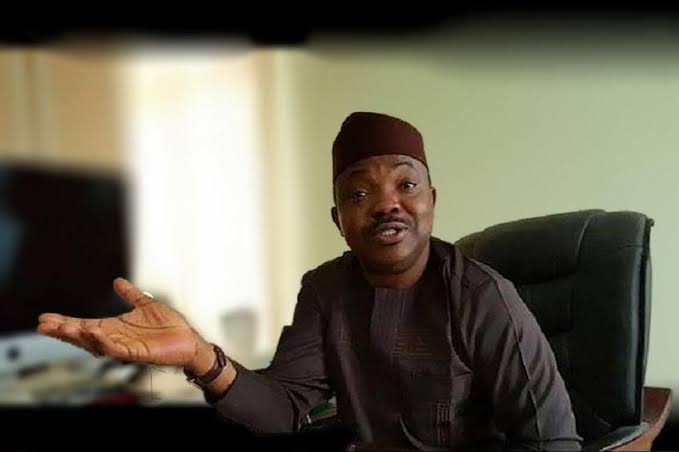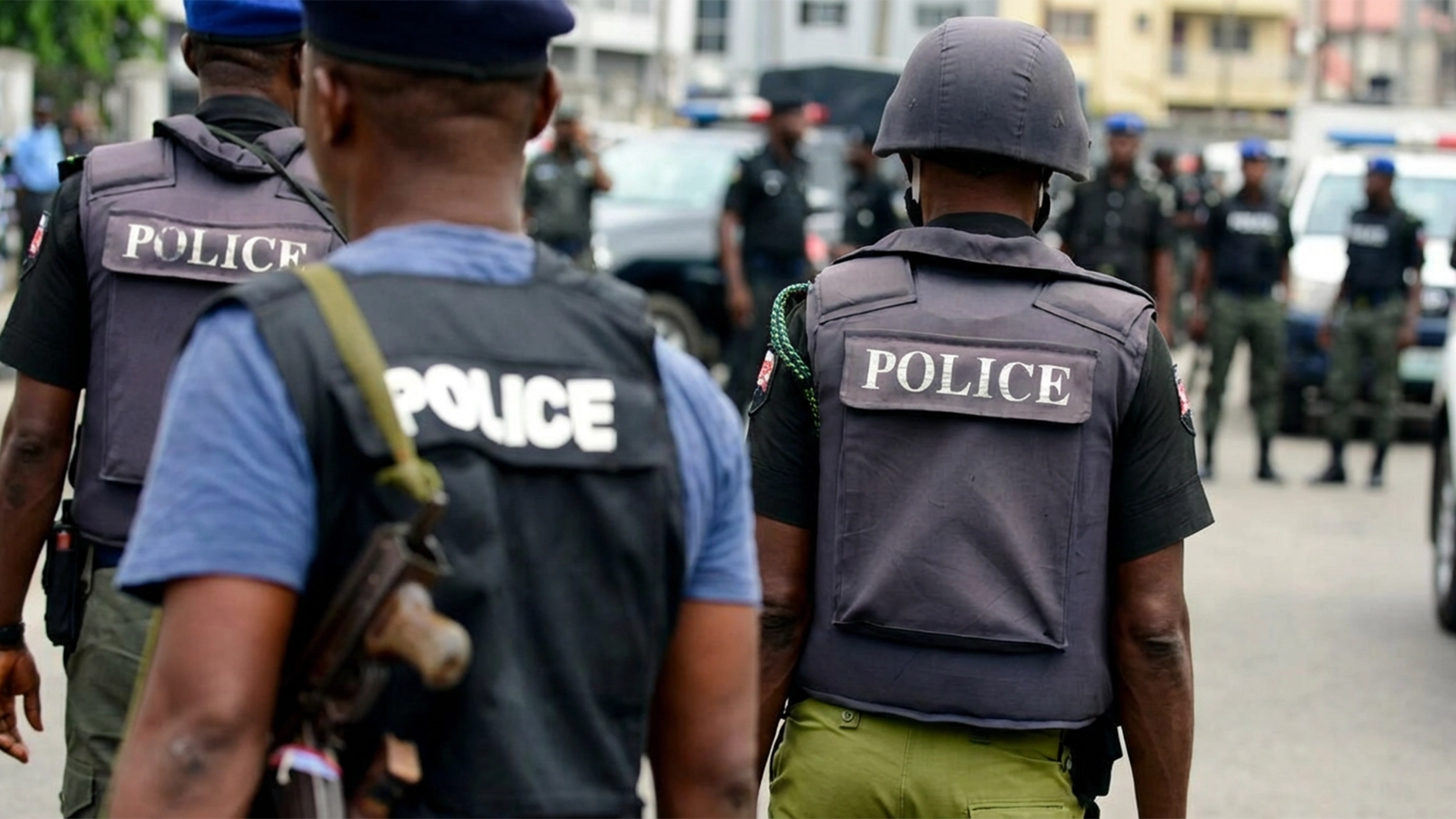
As the remains of social critic and human rights activist Yinka Odumakin is lowered onto Mother Earth tomorrow, the depleting human rights community would feel the absence of one of the fiercest critics of bad governance and official impunity since the renascent democratic dispensation that started in 1999. Odumakin, who until his death was the national publicity secretary of the Pan-Yoruba socio-cultural group, Afenifere, came to public spotlight as a key player in the pro-democracy group, the National Democratic Coalition (NADECO). Like many others which turned their groups into bully pulpit, NADECO fought the government of Sani Abacha after the annulment of the 1993 Nigerian presidential election.
Born on December 10, 1966 in his hometown of Moro, in Ife North of the present day Osun State, Odumakin had his early education in Ondo State and Osun State, and was an alumnus of the famous Oduduwa College, Ile-Ife, Osun State. He graduated from the then University of Ife (now Obafemi Awolowo University) in 1989 with a Bachelor of Arts degree in English Studies, before proceeding to the University of Ghana for postgraduate studies.
According to news reports quoting Dr. Okei-Odumakin, the activist was said to have died “at the intensive care unit of LASUTH where he was being managed for respiratory issues due to complications from COVID-19.”
Odumakin, who with his wife, Dr. Joe Okei-Odumakin, formed an unusual tag team of human rights crusading, was a very fearless, outspoken and influential opinion moulder. Drawing from his long sojourn in social activism, Odumakin kept a dossier of human rights actors, and acting like a mirror of a long forgotten group, he was never afraid of publicly reprimanding prodigal turn-coats who rode on the crest of activism to become political jobbers. Odumakin was a reformist who dissociated himself from the gang of sinecurists who plundered the commonwealth. Among the 492-member 2014 National Conference which was held in Abuja during the government of Goodluck Jonathan, Odumakin and his wife were the only married couple.
Odumakin was so sacrificial to the use of social activism in furthering good governance that he expended resources, opportunities and intellect without misgivings. His consistency and focus were not only a delight to the endangered human rights community, but also a source of inspiration to a budding section of admirers who regarded him as their mouthpiece. Notwithstanding the political stature or social class of persons who suffered his merciless invectives, Yinka Odumakin was very much respected by his victims for his forthrightness, patriotism and candour. Considering the connections at his disposal, he could have had anything he wanted to keep silent.
One of the invaluable lessons to be learnt from the life and times of this stormy petrel is his fanatical commitment to make good governance work. He carried out his political mission as a call to service and people empowerment. Furthermore, Odumakin’s life telegraphs hope. The fact that a few people like him still exists in this country suggests that all hope is not lost. It is a testimony to the fact that those who genuinely hold the baton of social activism have a cause to live and die for.
Like activists who still bear the scars of progressive struggle, Odumakin was a frequent guest of the Abacha detention facilities. Yet, unlike many who started with him, he remained steadfast despite his human shortcomings. The void he is leaving in the political activism space will be very difficult to fill.






